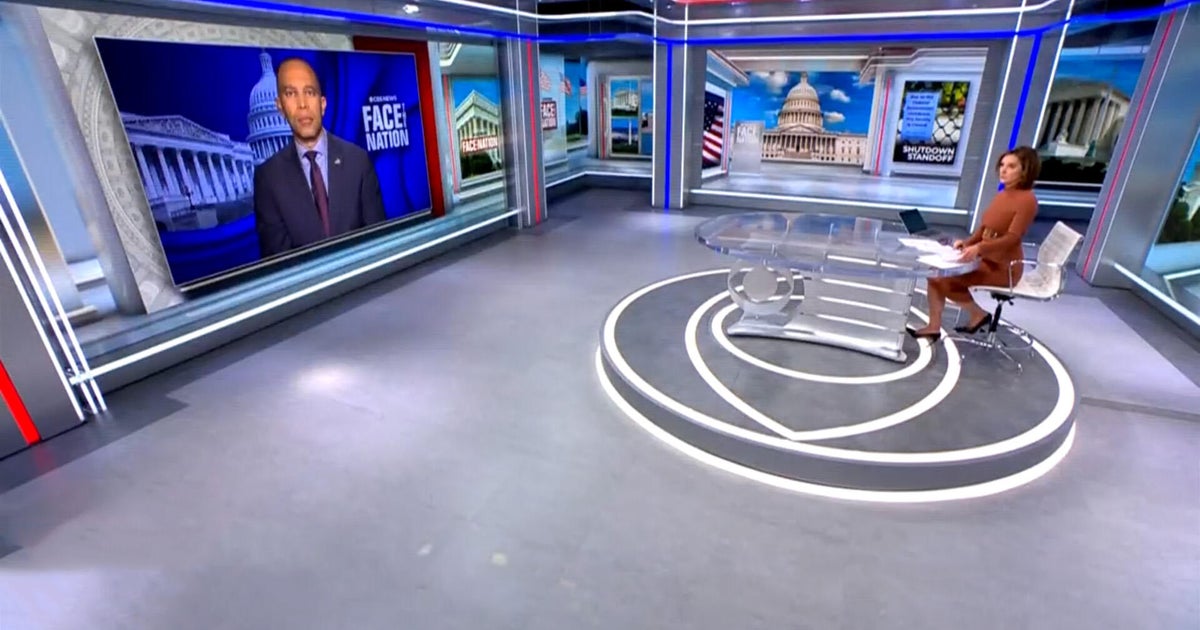Treasury secretary to begin steps to avoid default on national debt
WASHINGTON -- The Trump administration is letting Congress know that it will begin taking steps next week to keep the government from an unprecedented default on the national debt.
Treasury Secretary Steven Mnuchin said in a letter to lawmakers released Thursday that he will employ measures to avoid breaching the borrowing limit once the current suspension of the limit expires on March 16.
Once that happens, Treasury will use a variety of bookkeeping maneuvers to continue to finance government operations, including making interest payments on the national debt. However, the Congressional Budget Office estimated in a report earlier this week that those measures will be exhausted by sometime in the fall.
In his letter to all members of Congress, Mnuchin urged lawmakers not to delay acting.
“As I said in my confirmation hearing, honoring the full faith and credit of our outstanding debt is a critical commitment,” Mnuchin wrote. “I encouraged Congress to raise the debt limit at the first opportunity so that we can proceed with our joint priorities.”
Under former President Obama, Republicans often sought to use must-pass legislation to raise the borrowing limit as leverage to force the administration to impose greater controls on spending. In one standoff in August 2011, the Standard & Poor’s rating agency issued a first-ever downgrade of a portion of America’s debt, citing the 11th-hour maneuvering that was need to raise the limit that year to avoid a default.
The debt ceiling, which sets the amount of money the government can borrow, has been suspended since October 2015 as part of a budget agreement reached between Democrats and Republicans. But that suspension will expire on March 16 when the debt limit will be re-imposed at the level of debt in effect at that time. The debt currently stands at $19.8 trillion.
Once the limit goes back into effect, the Treasury Department has the power to employ a variety of bookkeeping maneuvers, such as temporarily reducing investments from civil service pension funds to clear room to allow the government to keep borrowing and paying its bills. Those bills range from making interest payments on the existing debt to paying Social Security benefits and federal employee salaries.
In its report, the CBO estimated that various “extraordinary measures” plus the normal tax revenue flow will enable the government to meet its obligations “until sometime in the fall.” The CBO report did not provide specifics on the date Treasury will exhaust its maneuvering room.
At the point that Treasury can make no other bookkeeping moves, Congress will have to enact an increase in the borrowing limit to avoid the first-ever default on the government’s obligations, an event that would send shock waves through global financial markets. While Congress has often delayed action until the last minute, it has always approved an increase in the debt limit rather than run the risk of a default.





